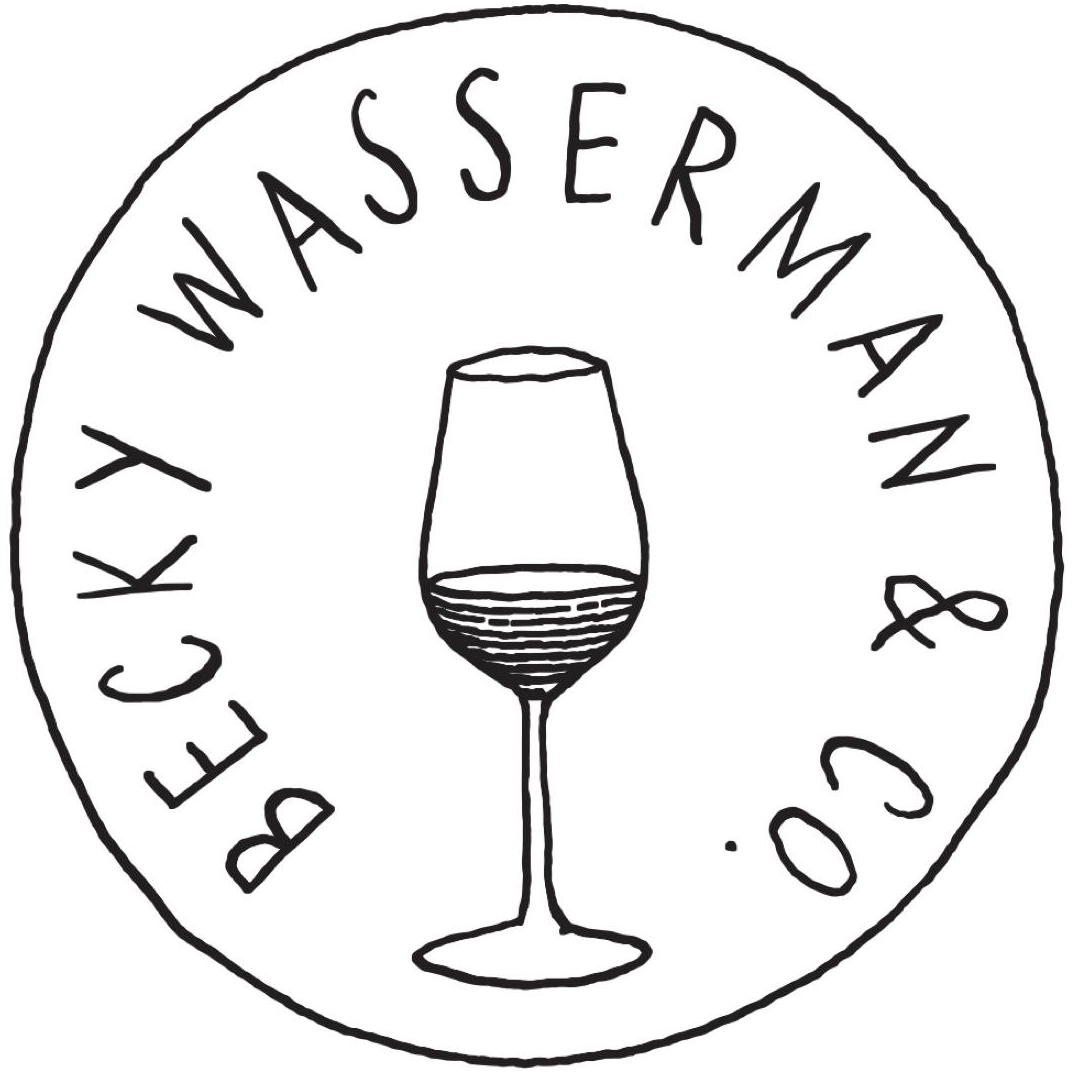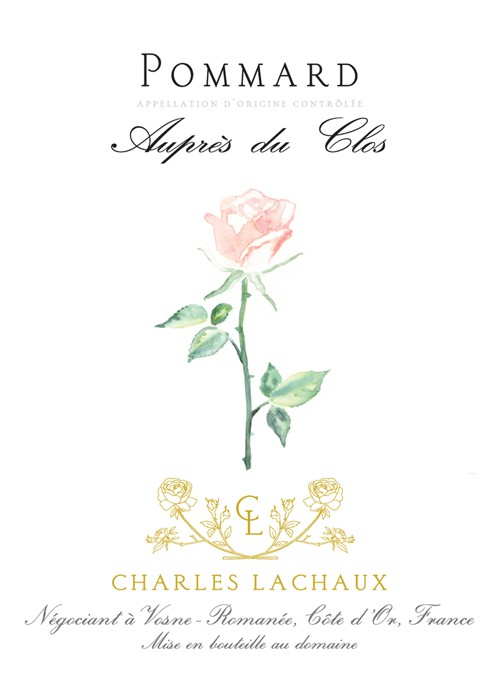Domaine Profile
- Location: Vosne-Romanée, Côte de Nuits, Burgundy
- Size: 2.75 ha (6.80 ac)
- Variety: Pinot Noir, Aligoté, Chardonnay
- Viticulture: Organic (not certified), biodynamic practices.
- Vinification (whites): Pressed with a vertical press, ambient yeast fermentation, aging in barrels and ceramic vessels, no fining, no filtration, SO2 added after malolactic fermentation (50-70 ppm total at bottling).
- Vinification (reds): 100% whole cluster, short ambient yeast fermentations with foot punch downs and pump-overs, aging in barrels and ceramic vessels, SO2 added before bottling (20-40 ppm total at bottling).
Charles Lachaux started his micro-négoce because of Aligoté.
On several occasions, he had blind tasted d’ Auvenay’s Aligoté Sous Châtelet alongside serious Premier and Grand Cru Chardonnays. Sometimes it trounced the other whites; sometimes it was at least in the same league —always, it was up there.
Other brilliant Aligotés were popping up too: La Corvée de Bully from Charles’ friend Nicolas Faure, the single-vineyard bottlings from Sylvain Pataille, Les Chagniots from Chanterêves.
The Arnoux family has Aligoté and used to bottle it, but at some point it was deemed unworthy, and the grapes were sold off to négociants. Charles wanted to vinify those grapes again.
Had it been 2021, he would have probably made the Aligoté under the domaine’s label. But in 2018, he was already pushing through a tsunami of change. As nice and supportive as his parents were, a domaine Aligoté could have been the straw that broke the camel’s back. So Charles started a micro-négoce to purchase the grapes from the domaine instead. His father, Pascal, had also made négoce wines. The tanks were still at the domaine. There was a separate space to vinify the négoce wine. Logistically, it would be easy.
Acquaintances of Charles who had recently taken over domaines from their parents were pouring their hearts and sweat into conscientious viticulture. They were sad to see their grapes go to much larger négociants where they would be blended into large cuvées. When they heard that Charles had started a négoce, they offered him some.
So instead of just the Aligoté, the début for the Charles Lachaux label included five wines. Incidentally, the label was designed by Charles’ wife Louise, who is a graphic designer. The rose is for the couple’s eldest daughter, Rose.
In 2019, there were six wines; three additional wines were made in 2020, but one of the 2019 sources was dropped. That being said, Charles does not plan to expand the selection drastically.
With one exception, there are no noteworthy differences in winemaking between the Charles Lachaux and Arnoux-Lachaux wines. The exception is ageing. The Charles Lachaux wines are bottled after a little less than a year, as opposed to 18 months for the domaine wines. This difference does make a difference. The négoce wines are fruit-driven, caught before their stay in oak leaves noticeable patina —vins de soif. Of course, they’re still from Burgundy and can age. But the goal is immediate pleasure.
All the grapes are picked by the Lachaux team. All the wines, including the Aligoté, are pressed in a vertical press. Fermentations are with ambient yeasts. There are no additions of sulfur until after malo.
The Aligoté is vinified and aged in older barrels for just under a year and bottled without fining or filtration. Total SO2 at bottling is usually around 50 to 70 ppm.
The reds are 100% whole cluster. Macerations are noteworthy for their brevity. In 2019, they ranged from 9 to 12 days. In 2020, some lasted only 6 days. They are also noteworthy for their lack of extraction. All the reds in 2019 were punched down only twice by foot. There is a daily pump over. The reds were aged in older barrels, with the exception of the Nuits-Saint-Georges 1er Cru les Boudots and the Vosne-Romanée 1er Cru Les Suchots, each having one new Stockinger barrel, or 20% of the cuvées. Total SO2 at bottling ranges between 20 and 40 ppm.
In the domaine’s vineyards, Charles has become the single most progressive vigneron in the region — no one had yet tried no till. In the winery, the crunch, precision, soul, and transparency of the wines, whether from the domaine or the négoce, is magical.
Wines
-
White
-
Red

